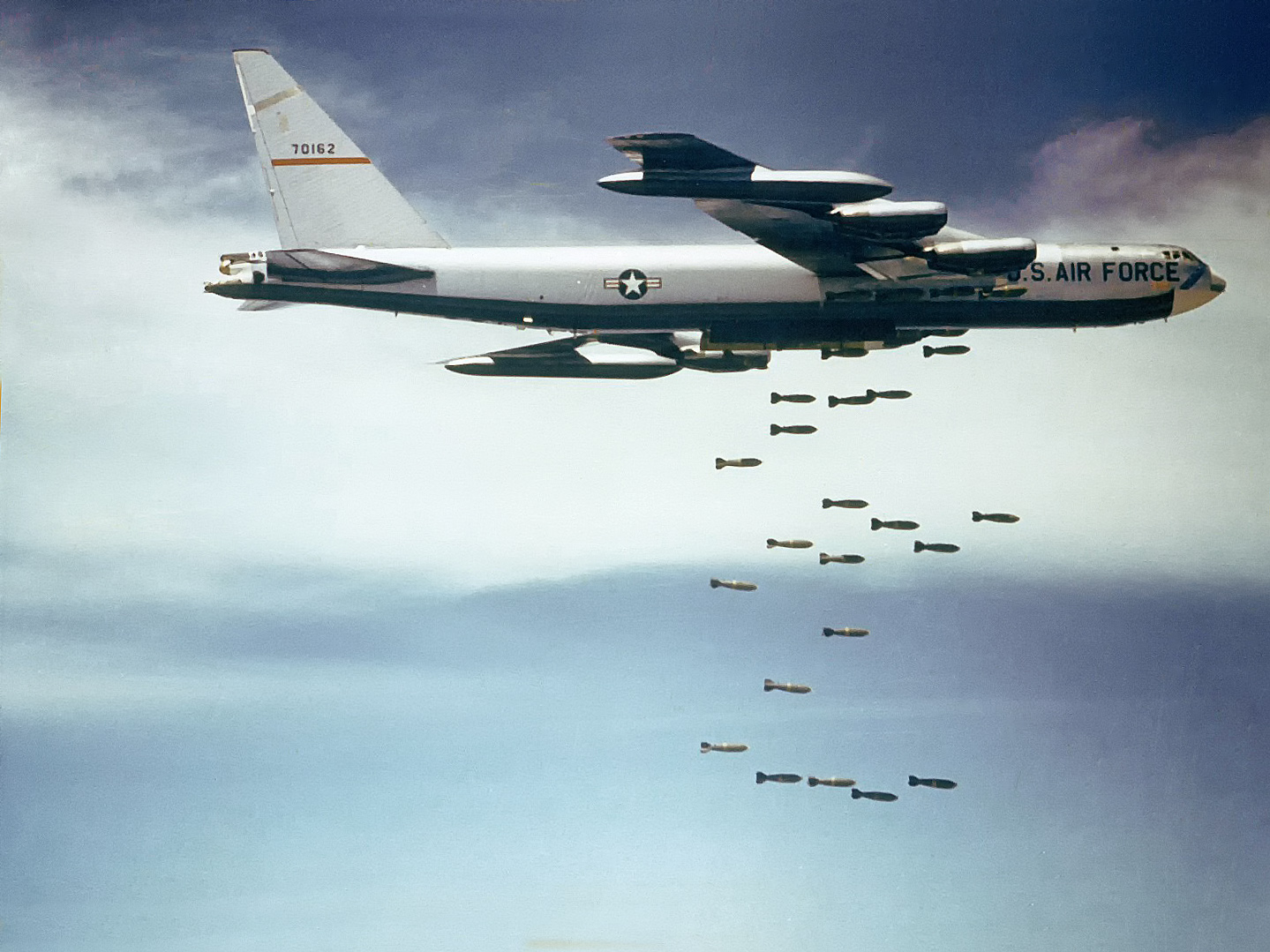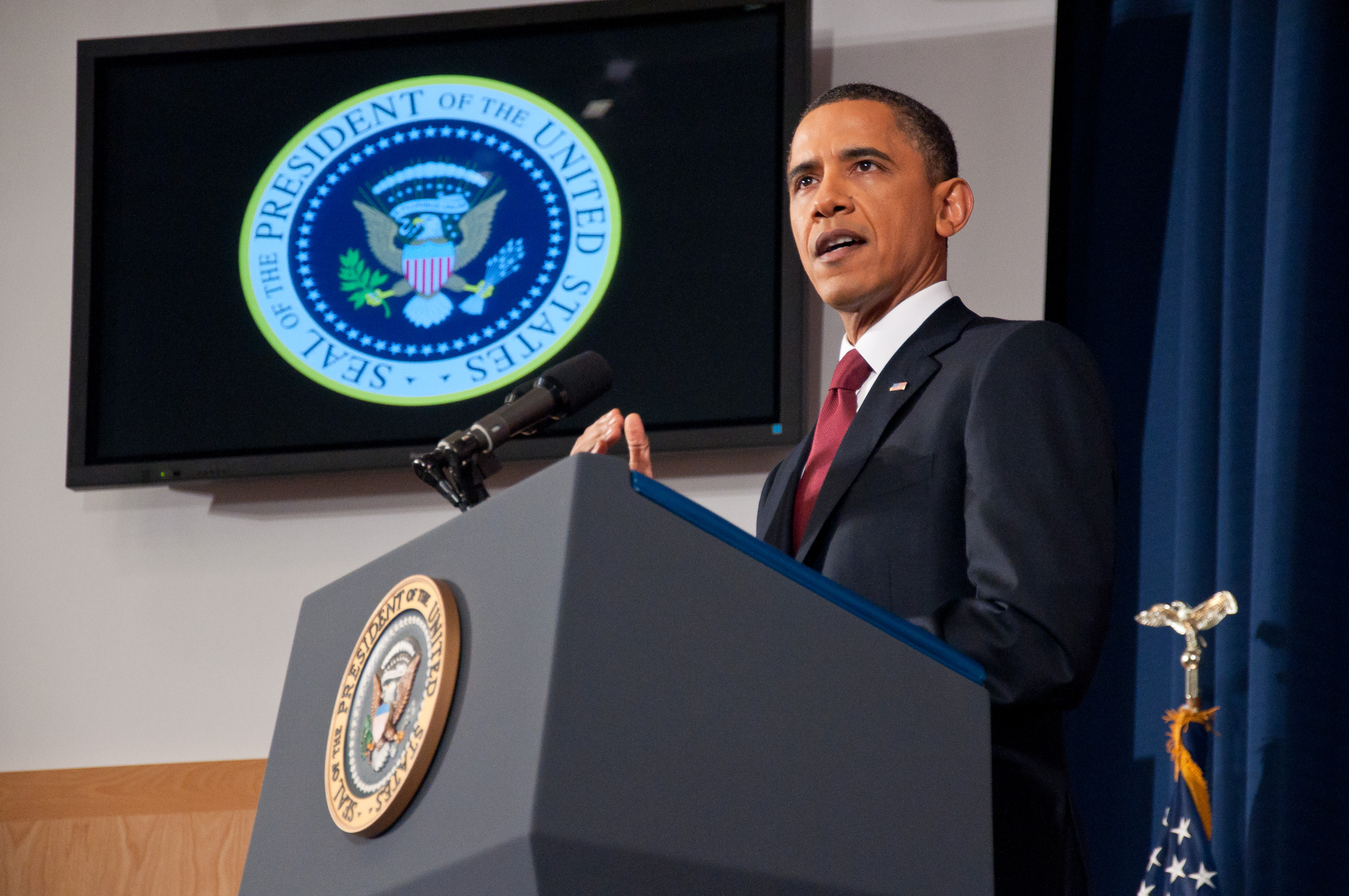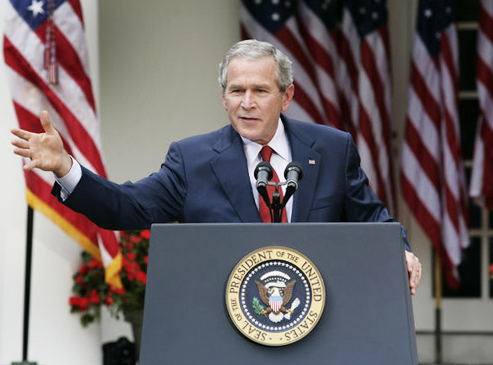|
Jus Ad Bellum
' ( or in the traditional English pronunciation of Latin; Latin for "right to war") is a set of criteria that are to be consulted ''before'' engaging in war in order to determine whether entering into war is permissible, that is, whether it will be a just war. This is distinct from the set of rules that ought to be followed ''during'' a war, known as ''jus in bello''. Definition ' is sometimes considered a part of the laws of war, but the term "laws of war" can also be considered to refer to ''jus in bello'', which concerns whether a war is conducted justly (regardless of whether the initiation of hostilities was just). "''Jus ad bellum'' refers to the conditions under which States may resort to war or to the use of armed force in general." These rules focus on certain criteria for what makes a war just. Article 51 of the UN Charter clarifies: "Nothing in the present Charter shall impair the inherent right of individual or collective self-defense if an armed attack occurs again ... [...More Info...] [...Related Items...] OR: [Wikipedia] [Google] [Baidu] |
Traditional English Pronunciation Of Latin
The traditional English pronunciation of Latin, and Classical Greek words borrowed through Latin, is the way the Latin language was traditionally pronounced by speakers of English until the early 20th century. In the Middle Ages speakers of English, from Middle English onward, pronounced Latin not as the ancient Romans did, but in the way that had developed among speakers of French. This traditional pronunciation then became closely linked to the pronunciation of English, and as the pronunciation of English changed with time, the English pronunciation of Latin changed as well. Until the beginning of the 19th century all English speakers used this pronunciation, including Roman Catholics for liturgical purposes.Brittain(1955) Following Catholic emancipation in Britain in 1829 and the subsequent Oxford Movement, newly converted Catholics preferred the Italianate pronunciation, which became the norm for the Catholic liturgy. Meanwhile, scholarly proposals were made for a reconst ... [...More Info...] [...Related Items...] OR: [Wikipedia] [Google] [Baidu] |
Proportionality (law)
Proportionality is a general principle in law which covers several separate (although related) concepts: *The concept of proportionality is used as a criterion of fairness and justice in statutory interpretation processes, especially in constitutional law, as a logical method intended to assist in discerning the correct balance between the restriction imposed by a corrective measure and the severity of the nature of the prohibited act. *Within criminal law, the concept is used to convey the idea that the punishment of an offender should fit the crime. *Under international humanitarian law governing the legal use of force in an armed conflict, ''proportionality'' and '' distinction'' are important factors in assessing military necessity. *Under the United Kingdom's Civil Procedure Rules, costs must be "proportionately and reasonably incurred", or "proportionate and reasonable in amount", if they are to form part of a court ruling on costs. Proportionality as a general principle ... [...More Info...] [...Related Items...] OR: [Wikipedia] [Google] [Baidu] |
Just War Theory
The just war theory ( la, bellum iustum) is a doctrine, also referred to as a tradition, of military ethics which is studied by military leaders, theologians, ethicists and policy makers. The purpose of the doctrine is to ensure that a war is morally justifiable through a series of criteria, all of which must be met for a war to be considered just. The criteria are split into two groups: ("right to go to war") and ("right conduct in war"). The first group of criteria concerns the morality of going to war, and the second group of criteria concerns the moral conduct within war. There have been calls for the inclusion of a third category of just war theory (''jus post bellum'') dealing with the morality of post-war settlement and reconstruction. The just war theory postulates the belief that war, while it is terrible but less so with the right conduct, is not always the worst option. Important responsibilities, undesirable outcomes, or preventable atrocities may justify war. Opp ... [...More Info...] [...Related Items...] OR: [Wikipedia] [Google] [Baidu] |
Casus Belli
A (; ) is an act or an event that either provokes or is used to justify a war. A ''casus belli'' involves direct offenses or threats against the nation declaring the war, whereas a ' involves offenses or threats against its ally—usually one bound by a mutual defense pact. Either may be considered an A declaration of war usually contains a description of the ''casus belli'' that has led the party in question to declare war on another party. Terminology The term ''casus belli'' came into widespread use in Europe in the seventeenth and eighteenth centuries through the writings of Hugo Grotius (1653), Cornelius van Bynkershoek (1707), and Jean-Jacques Burlamaqui (1732), among others, and due to the rise of the political doctrine of ''jus ad bellum'' or "just war theory". The term is also used informally to refer to any "just cause" a nation may claim for entering into a conflict. It is used retrospectively to describe situations that arose before the term came into wide use, a ... [...More Info...] [...Related Items...] OR: [Wikipedia] [Google] [Baidu] |
Tanisha Fazal
Tanisha Fazal is an American political scientist. She is Professor of Political Science at the University of Minnesota, Minneapolis, where she joined the faculty in 2017. She was previously a professor at the University of Notre Dame and Columbia University. She is the author of the books ''State Death: The Politics and Geography of Conquest, Occupation, and Annexation'' and ''Wars of Law: Unintended Consequences in the Regulation of Armed Conflict''. Some of her notable research findings include that violent state death has been exceedingly rare since the end of World War II, states rarely Declaration of war, declare war, and that improvements in battlefield medicine have led to dramatic reductions in battlefield deaths. She was awarded a prestigious Andrew Carnegie Fellowship for 2021-2023. In 2001, she was awarded her PhD in Political Science from Stanford University. Her dissertation advisors included Scott Sagan and Stephen D. Krasner, Stephen Krasner. She has an undergraduate ... [...More Info...] [...Related Items...] OR: [Wikipedia] [Google] [Baidu] |
Peace Of Westphalia
The Peace of Westphalia (german: Westfälischer Friede, ) is the collective name for two peace treaties signed in October 1648 in the Westphalian cities of Osnabrück and Münster. They ended the Thirty Years' War (1618–1648) and brought peace to the Holy Roman Empire, closing a calamitous period of European history that killed approximately eight million people. Holy Roman Emperor Ferdinand III, the kingdoms of France and Sweden, and their respective allies among the princes of the Holy Roman Empire participated in these treaties.Clodfelter, Micheal (2017). ''Warfare and Armed Conflicts: A Statistical Encyclopedia of Casualty and Other Figures, 1492–2015.'' McFarland. p. 40. . The negotiation process was lengthy and complex. Talks took place in two cities, because each side wanted to meet on territory under its own control. A total of 109 delegations arrived to represent the belligerent states, but not all delegations were present at the same time. Two treaties were signe ... [...More Info...] [...Related Items...] OR: [Wikipedia] [Google] [Baidu] |
Nuclear Warfare
Nuclear warfare, also known as atomic warfare, is a theoretical military conflict or prepared political strategy that deploys nuclear weaponry. Nuclear weapons are weapons of mass destruction; in contrast to conventional warfare, nuclear warfare can produce destruction in a much shorter time and can have a long-lasting radiological result. A major nuclear exchange would likely have long-term effects, primarily from the fallout released, and could also lead to secondary effects, such as " nuclear winter", nuclear famine and societal collapse. A global thermonuclear war with Cold War-era stockpiles, or even with the current smaller stockpiles, may lead to various scenarios including the extinction of the human race. To date, the only use of nuclear weapons in armed conflict occurred in 1945 with the American atomic bombings of Hiroshima and Nagasaki. On August 6, 1945, a uranium gun-type device (code name "Little Boy") was detonated over the Japanese city of Hiroshi ... [...More Info...] [...Related Items...] OR: [Wikipedia] [Google] [Baidu] |
Carpet Bombing
Carpet bombing, also known as saturation bombing, is a large area bombardment done in a progressive manner to inflict damage in every part of a selected area of land. The phrase evokes the image of explosions completely covering an area, in the same way that a carpet covers a floor. Carpet bombing is usually achieved by dropping many unguided bombs. Carpet bombing of cities, towns, villages, or other areas containing a concentration of civilians is considered a war crime as of Article 51 of the 1977 Protocol I of the Geneva Conventions. The term ''obliteration bombing'' is sometimes used to describe especially intensified bombing with the intention of destroying a city or a large part of the city. The term ''area bombing'' refers to indiscriminate bombing of an area and also encompasses cases of carpet bombing, including obliteration bombing. It was used in that sense especially during World War II and the Korean War. Early history One of the first attempts at carpet ... [...More Info...] [...Related Items...] OR: [Wikipedia] [Google] [Baidu] |
Responsibility To Protect
The Responsibility to Protect (R2P or RtoP) is a global political commitment which was endorsed by all member states of the United Nations at the 2005 World Summit in order to address its four key concerns to prevent genocide, war crimes, ethnic cleansing and crimes against humanity. The doctrine is regarded as a unanimous and well established international norm over the past two decades. The principle of the Responsibility to Protect is based upon the underlying premise that sovereignty entails a responsibility to protect all populations from mass atrocity crimes and human rights violations. The principle is based on a respect for the norms and principles of international law, especially the underlying principles of law relating to sovereignty, peace and security, human rights, and armed conflict. The R2P has three pillars: #Pillar I: The protection responsibilities of the state – "Each individual state has the responsibility to protect its population from genocide, wa ... [...More Info...] [...Related Items...] OR: [Wikipedia] [Google] [Baidu] |
Martens Clause
The Martens Clause ( pronounced ) was introduced into the preamble to the 1899 Hague Convention II – Laws and Customs of War on Land. __NOTOC__ The clause took its name from a declaration read by Friedrich Martens, the delegate of Russia at the Hague Peace Conferences of 1899. It reads as follows: The Clause appears in a slightly modified form in the 1907 Hague conventions: The Clause was introduced as a compromise wording for the dispute between the Great Powers who considered francs-tireurs to be unlawful combatants subject to execution on capture and smaller states who maintained that they should be considered lawful combatants. The clause did not appear in the Geneva Conventions of 1949, but was it included in the additional protocols of 1977. It is in article 1 paragraph 2 of Protocol I (which covers international conflicts), and the fourth paragraph of the preamble to Protocol II (which covers non-international conflicts). The wording in both is identical but sli ... [...More Info...] [...Related Items...] OR: [Wikipedia] [Google] [Baidu] |
Bush Doctrine
The Bush Doctrine refers to multiple interrelated foreign policy principles of the 43rd President of the United States, George W. Bush. These principles include unilateralism, preemptive war, and regime change. Charles Krauthammer first used the phrase in June 2001 to describe the Bush administration's "unilaterally withdrawing from the ABM treaty and rejecting the Kyoto protocol." According to Charles Krauthammer, who was the first to use it in June 2001, the phrase has had four distinct meanings, each one succeeding another over the eight years of the George W. Bush presidency: firstly, unilateralism, i.e., unilaterally withdrawing from the Anti-Ballistic Missile Treaty and rejecting the Kyoto Protocol; secondly, after 9-11-2001, the "with us or against us" policy on terror; thirdly, a doctrine of pre-emptive war, e.g., Iraq; and fourthly, the idea that the fundamental mission of American foreign policy is to spread democracy throughout the world. After the 9/11 attack, ... [...More Info...] [...Related Items...] OR: [Wikipedia] [Google] [Baidu] |
Prisoner Of War
A prisoner of war (POW) is a person who is held captive by a belligerent power during or immediately after an armed conflict. The earliest recorded usage of the phrase "prisoner of war" dates back to 1610. Belligerents hold prisoners of war in custody for a range of legitimate and illegitimate reasons, such as isolating them from the enemy combatants still in the field (releasing and repatriating them in an orderly manner after hostilities), demonstrating military victory, punishing them, prosecuting them for war crimes, exploiting them for their labour, recruiting or even conscripting them as their own combatants, collecting military and political intelligence from them, or indoctrinating them in new political or religious beliefs. Ancient times For most of human history, depending on the culture of the victors, enemy fighters on the losing side in a battle who had surrendered and been taken as prisoners of war could expect to be either slaughtered or enslaved. Ear ... [...More Info...] [...Related Items...] OR: [Wikipedia] [Google] [Baidu] |
_-_The_Four_Doctors_of_the_Western_Church%2C_Saint_Augustine_of_Hippo_(354–430).jpg)




.jpg)

